
A new study funded by the National Breast Cancer Foundation (NBCF) of twins and sisters with and without breast cancer aims to make new insights into the causes of this deadly disease that kills over 3,200 Australians each year.
The study is led by Twins Research Australia Director, Professor John Hopper at the University of Melbourne, and builds upon breakthroughs made by his team and colleagues* who are discovering new ways to predict a woman’s breast cancer risk from her mammograms that are more accurate than all known genetic factors.
Chief Investigator, Professor John Hopper, said this NBCF-funded study could change breast screening and breast cancer prevention across the world.
“Studying twins is a powerful way to make new insights into the causes of disease, genetic and non-genetic, by finding out why they are similar to each other as well as why they differ from one another. In particular, twins allow us to control for one of the main variables in our health – genetics. We can then drill down on the role that other factors are playing,” says Professor Hopper.
“We aim to discover new information about breast cancer risk from applying artificial intelligence and other statistical techniques to digital mammograms, DNA from blood samples, and personal information from questionnaires including family history and lifestyle. We will approach 1,000 twins and sisters who we have previously studied without breast cancer and recruit another 1,000 twins and sisters without breast cancer, as well as an additional 100 twin pairs affected by breast cancer. Using this information, we will calculate their personal risk score automatically at the time of their mammogram.”
“Our goal is to find ways to better identify women at substantial risk of the disease so that they can have any breast cancer detected earlier,” said Professor Hopper.
Professor Hopper is one of 19 world-class researchers receiving a combined investment of $13.5 million in 2024 from NBCF – he has been awarded almost $1.5 million for this three-year research project.
NBCF CEO, Associate Professor Cleola Anderiesz, said the Foundation’s focus on realising its vision of Zero Deaths from breast cancer is as important as ever and continued funding for research projects is essential to ensure a diagnosis of breast cancer doesn’t lead to a death.“We hope Professor Hopper’s research will lead to important insights on the causes and risks associated with developing breast cancer and this information is successfully integrated to enhance screening for women, accelerating us towards our vision of Zero Deaths from breast cancer,” Associate Professor Anderiesz said.
NBCF funds research focused on better understanding how to prevent and detect breast cancer early, how to stop the progression and recurrence of breast cancer and how to effectively treat hard-to-treat and metastatic breast cancers – research that will ultimately save lives. Professor Hopper’s twin study is aligned with preventing and detecting breast cancer early.
Professor Hopper and his team at Twins Research Australia are looking for identical and fraternal female twins, aged 18-80 years, Australia-wide who’ve had a mammogram, or intend to do so, can join the research at www.twins.org.au.
*St Vincent’s Institute of Medical Research, BreastScreen Victoria, St Vincent’s Hospital Melbourne, and the Australian Institute of Machine Learning at the University of Adelaide.

